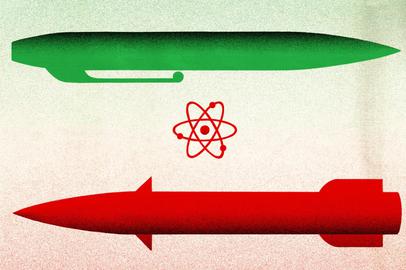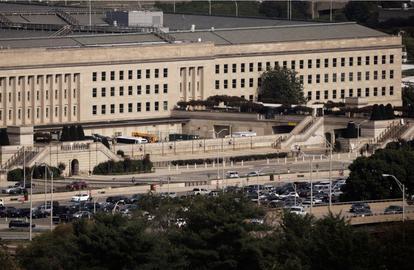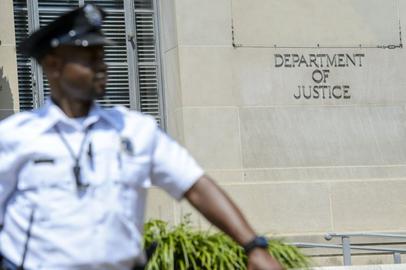When U.S. President Joe Biden assumed office, he was determined to resuscitate the 2015 nuclear deal with Iran, known as the Joint Comprehensive Plan of Action (JCPOA), from which his predecessor, Donald Trump, had unilaterally withdrawn the United States in 2018. Biden quickly appointed a special envoy to begin negotiations with Tehran and the five great powers that remain party to the agreement: China, France, Germany, Russia, and the United Kingdom, Suzanne Maloney writes for the Foreign Affairs magazine.
In his first speech before the United Nations, he declared that his administration was “prepared to return to full compliance” and was engaged in diplomacy to persuade Iran to do the same. Reaching a new agreement would be difficult. Senior Biden administration officials and many outside experts hoped for a “longer and stronger” deal. But Tehran had advanced its nuclear program since the Trump administration’s withdrawal and demanded a stiff price to roll that progress back. Biden nonetheless hoped his team could create a new understanding that would lower the risk of nuclear proliferation.
Despite the challenges, trying to salvage the deal made tremendous sense for Biden. The president was eager to shake off the United States’ post-9/11 entanglements in the Middle East, and he wanted to show the world that after the tumultuous Trump era, Washington was again committed to diplomacy. Resurrecting the deal was central to Biden’s plan for restoring U.S. leadership in the world—a tangible step toward undoing the reputational damage incurred by Trump’s abandonment of the agreement.
But as the boxer Mike Tyson once said, “Everyone has a plan until you get punched in the face.” And Biden’s Iran aspirations have suffered from multiple blows. The first came in February 2022, when Russia invaded Ukraine and irrevocably shattered the great-power coordination that had enabled the nuclear deal to take place. A second punch landed in August, when Iran began shipping drones to Russia, making Tehran an even more prominent and harmful nemesis. And a third blow arrived in September, when protests erupted across Iran against the government’s brutality, captivating the world, undermining the regime’s control, and making any agreement that would send Tehran massive new resources both dangerous and unsavory. By itself, each of these jolts was enough to keep JCPOA on the ropes. Together, they constituted a knockout.
visit the accountability section
In this section of Iran Wire, you can contact the officials and launch your campaign for various problems




















comments
February feels 9/11, August - Google propaganda/hack issues frozen and dragged, September - sped up only to send one into a hospital with symptoms related to targeting and torture slapping a diagnosis or lack there of, on it. Oh they will charge you for medical but I personally don't pay for terrorism put on the
a one year promised vaccine will not only put money in their pockets, poison for no reason, backed by no research only to say we are in an endemic... I assure you plague is more fitting since the twisting is among us already and always has been. The goal is it shut it off not play within it which would keep a planet s ick eternally. ... read more
Boxing is never the way to go. That'll land ya making deals you don't want to because they hopped on the dark underground organized crime laced with that "mail box money" woke propoganda. Creating an illusion they are one thing when they are actually the other - scum. The middle class in America, y up, still being taken out in the back and forth. Food insecurity, still very much an issue. Hush hush tactics, still alive. How do I know, it's happening to me and after multiple reports, I've seen nothing from them but know I'm ahead of that prganized game since I don't participate. I won't be getting cancer but I do know South Korea and North Korea are involved. Let us not forget Trump made ties, but Harris visited as well. She is a propoganda, false information example of the show that should've never been glorified let alone put in the position of Vice President. How embarrassing for her as Biden backs her manipulated by the medical industry in the United States because they believe ... read more